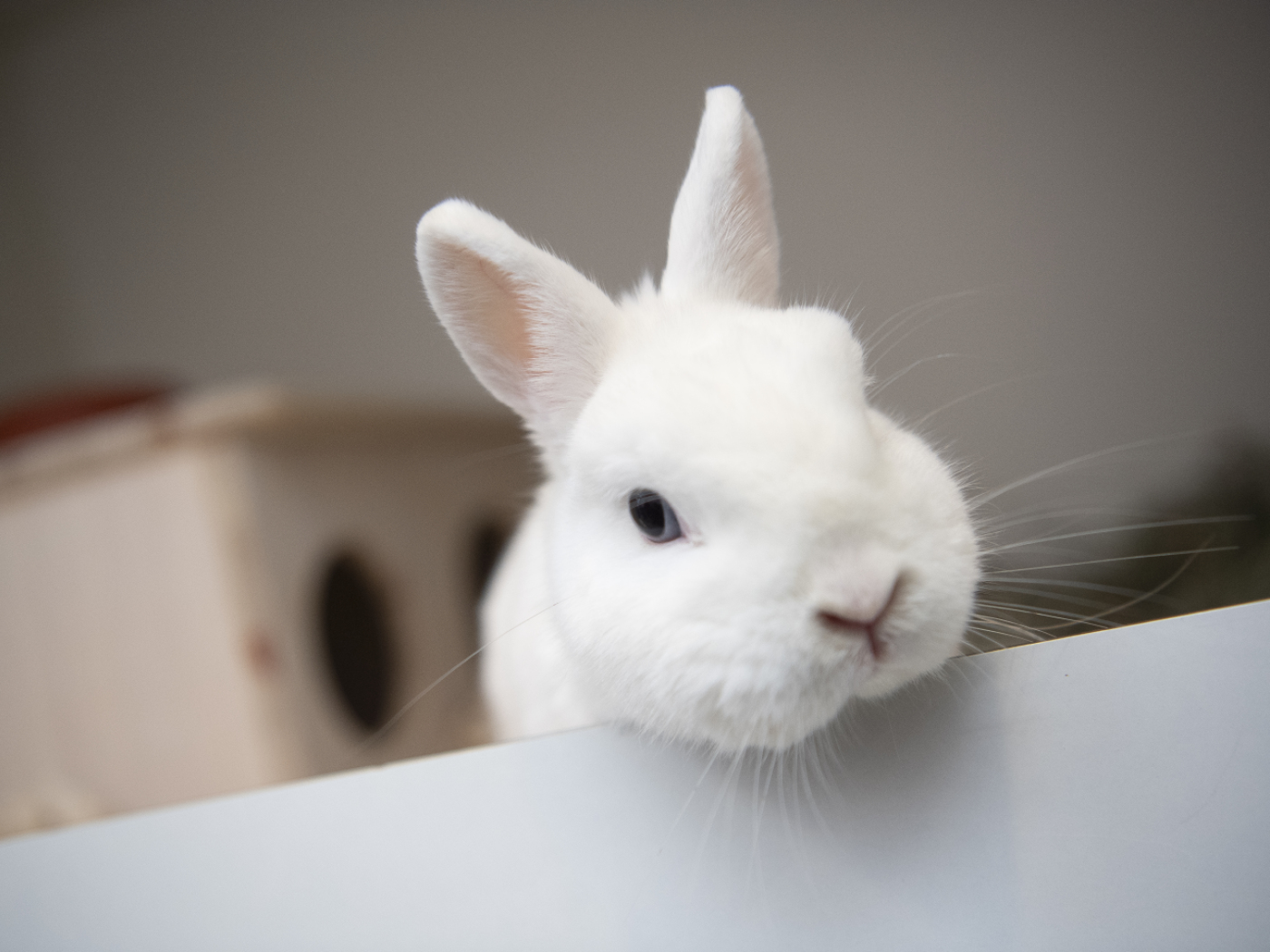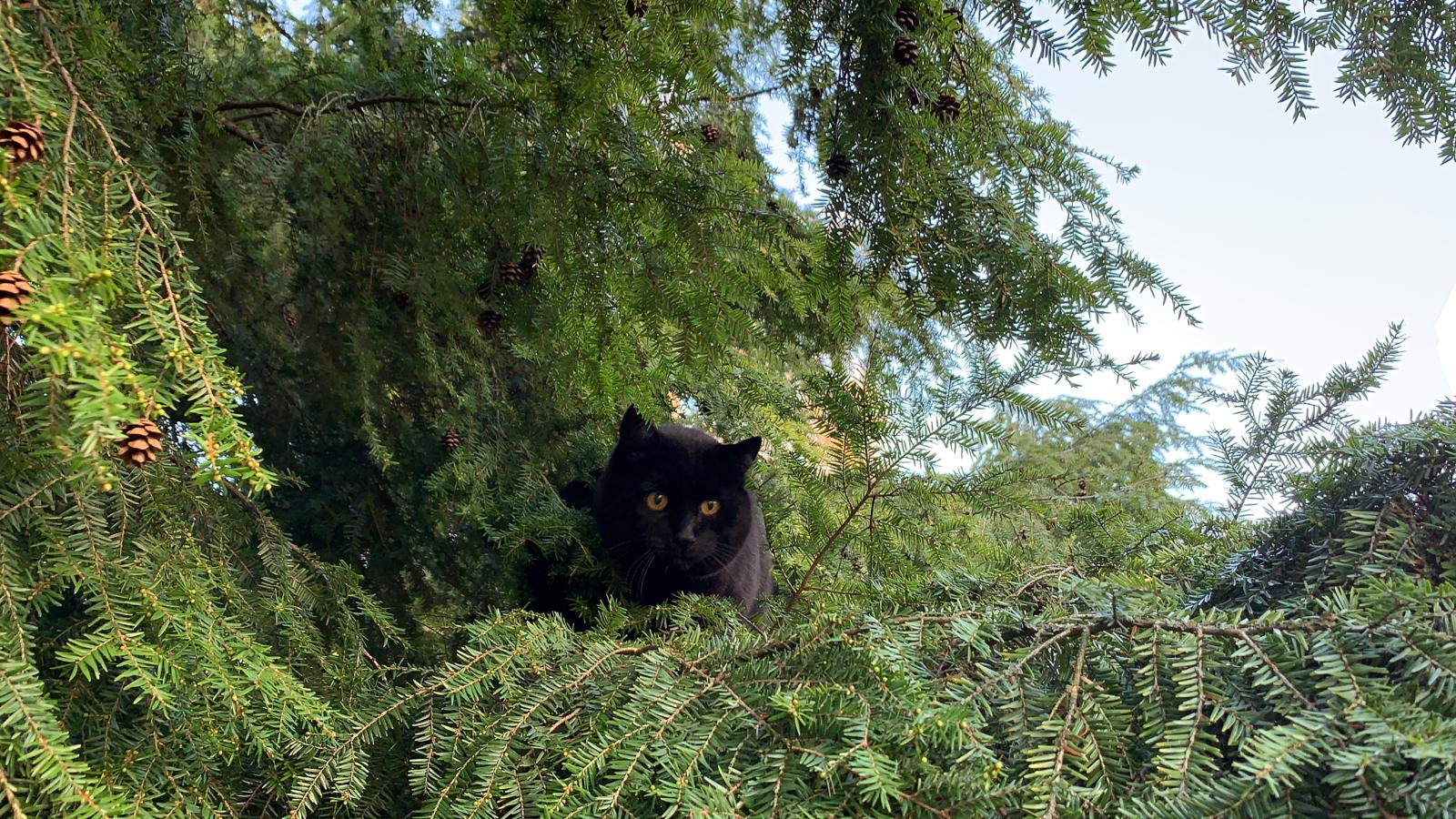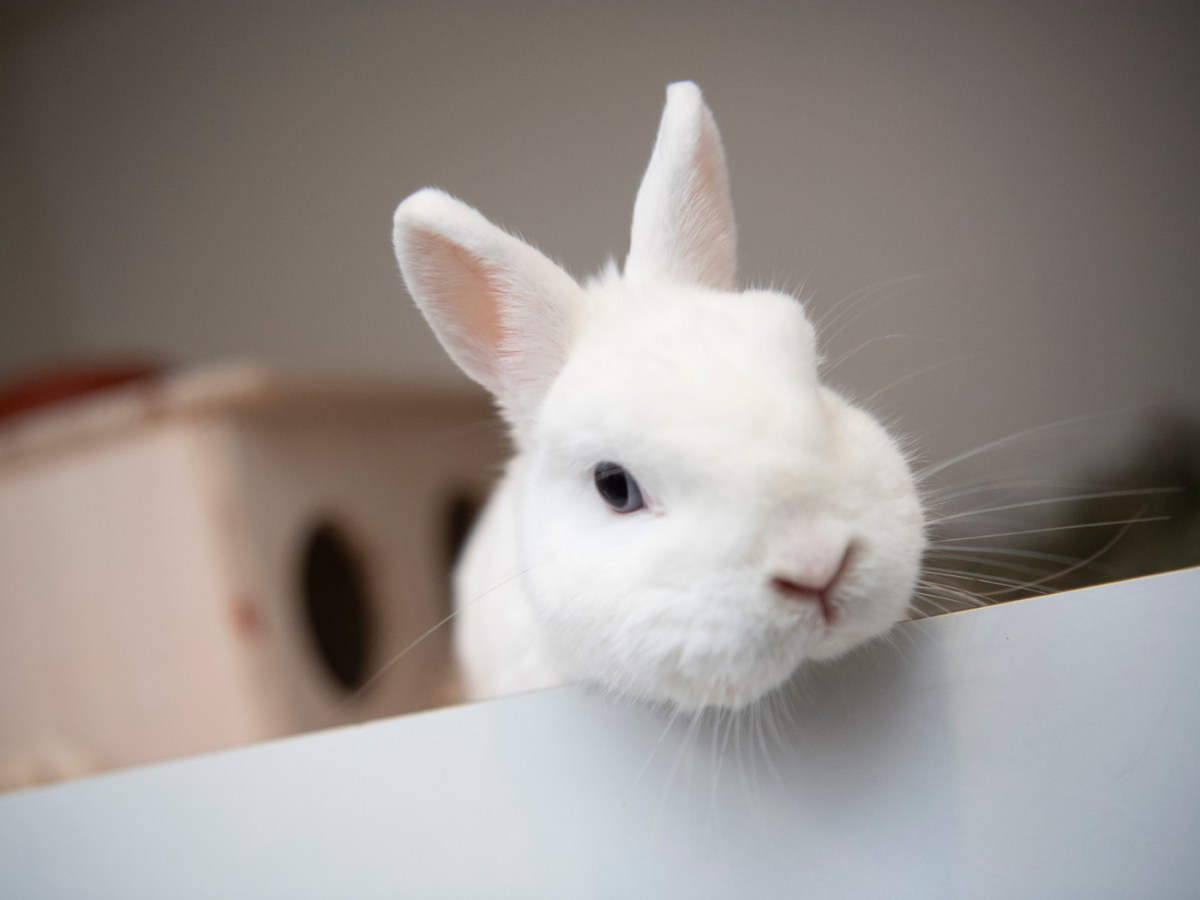
The wooden box is located on the edge of a forest and is equipped with a camera, fan and solar panel.
Keystone-SDA
Listen to the article
Listening the article
Toggle language selector
English (US)
English (British)
Generated with artificial intelligence.
The first small-animal hatch in Switzerland opened on Saturday near Thun, in canton Bern. The foundation which runs the hatch aims to prevent the abandonment of rabbits, guinea pigs and other rodents.
This content was published on
November 3, 2025 – 11:40
+ Get the most important news from Switzerland in your inbox
The new hatch is part of a pilot project that offers pet owners in emergency situations the option of giving up the animal. Local newspapers first reported on the project on Monday.
The wooden box is located on the edge of the forest above Hünegg Castle and is equipped with a camera, fan and solar panel. After the animal is handed in, it is examined, cared for and released for adoption after two months.
More

More
Swiss oddities
Feline felons: what to do with Switzerland’s killer cats?
This content was published on
Sep 7, 2024
Cats kill millions of animals every year in Switzerland, but most politicians are reluctant to do anything about it. Would a “cat moratorium” make a difference?
Read more: Feline felons: what to do with Switzerland’s killer cats?
The Tierklappe foundation is financed exclusively by donations. President Jasmin Reinhard explained in a newspaper report that the project is not only intended to be a rescue centre, but also to carry out prevention and education work. The aim is to raise awareness of the needs of neglected pets.
“The animal hatch is not a free pass to irresponsibility, but an alternative to looking the other way,” says the foundation’s website. For many animals, it is a way out. The focus is on rabbits and rodents because they are often overlooked and their needs underestimated or ignored.
Translated from German with DeepL/gw
How we work
We select the most relevant news for an international audience and use automatic translation tools to translate them into English. A journalist then reviews the translation for clarity and accuracy before publication.
Providing you with automatically translated news gives us the time to write more in-depth articles. The news stories we select have been written and carefully fact-checked by an external editorial team from news agencies such as Bloomberg or Keystone.
If you have any questions about how we work, write to us at english@swissinfo.ch.
Articles in this story

